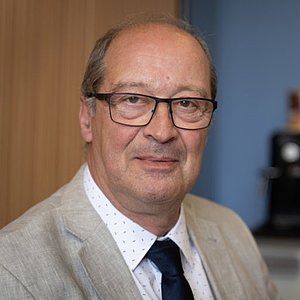
Philippe DELANNOY
Prof. Philippe Delannoy obtained his PhD in 1983 and his State thesis in Biochemistry in 1989 at the University of Lille (France). He his Emeritus Professor at the University of Lille, performing his research at the Structural and Functional Glycobiology Unit. For more than 40 years, his research is devoted to the biosynthesis and functions of terminal glycosylation, especially sialylation and his current topic focuses on the Glycobiology of cancer cells and the role of gangliosides in breast cancer development and metastasis.

Daniel BOJAR
Dr. Daniel Bojar is a tenure-track assistant professor at the Wallenberg Centre for Molecular and Translational Medicine & the Department of Chemistry and Molecular Biology at the University of Gothenburg in Sweden, focusing on machine learning and data science in the field of glycobiology. He obtained his PhD in mammalian synthetic biology at ETH Zurich and continued his postdoctoral training in computational biology at MIT & Harvard University. His group develops and applies methods to discover sequence-to-function associations and biological roles of glycans via a plethora of approaches. Daniel was awarded a Branco Weiss Fellowship - Society in Science, as well as a Foresight Fellowship, and was recognized as a "Rising Star" by the journal Advanced Science. He was also featured on the 2022 Forbes 30 Under 30 Europe list for work in Science & Healthcare.
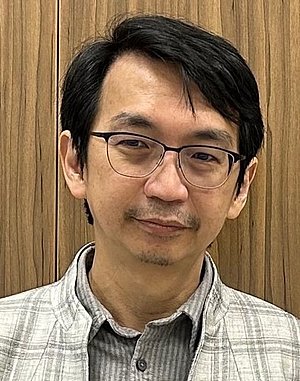
Kay-Hooi KHOO
Dr. Khoo did his graduate and postdoctoral studies at Imperial College, London, UK, and additional postdoctoral training at Colorado State University before starting his independent research career at the Institute of Biological Chemistry, Academia Sinica, Taiwan. His research interests are focused on the development and applications of concerted mass spectrometry-based analytical techniques for high sensitivity protein glycosylation analysis, with a special interest in sulfoglycomics.
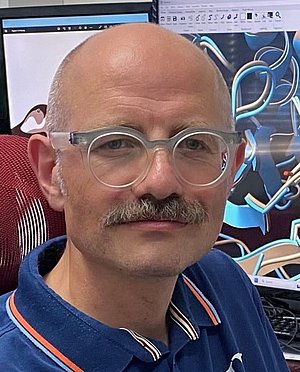
Josef VOGLMEIR
Josef Voglmeir has been a Full Professor at the College of Food Science and Technology at Nanjing Agricultural University, China, since 2012. He graduated from the University of Manchester, UK, with a PhD in Chemistry. He then obtained a JSPS Award for young scientists to conduct research at Nagaoka University of Technology, Japan. His postdoctoral work was carried out at Manchester University and at BOKU (Vienna); he was also a visiting scholar at CAS in Beijing in 2011. Since 2015, he has served as the Director of the GGBRC at Nanjing Agricultural University, China.
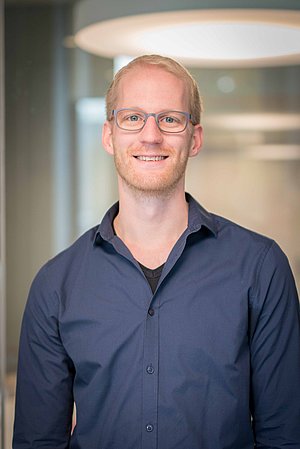
Christian Büll
Christian Büll is assistant professor at the Department of Biomolecular Chemistry at the Institute for Molecules and Materials, Radboud University, Nijmegen, the Netherlands. His research group focuses on the production of sialoglycoproteins with genetically engineered cells. Libraries of biosynthetic sialoglycoproteins are used to probe interactions with glycan-binding proteins and enzymes form the immune system and the gut microbiome, respectively. Christian is co-founder of GlycoTherapeutics BV, a company focused on unleashing the therapeutic potential of glycans for medicine.

Anne HARDUIN-LEPERS
Dr. Anne HARDUIN-LEPERS is a senior CNRS scientist. She holds the position of Director of research at the UMR 8576- Unité de Glycobiology Structurale et Fonctionnelle at the University of Lille, France. Her expertise spans areas such as Glycobiology, molecular and cell biology, biochemistry and molecular phylogeny. The research interests of Dr. Anne HARDUIN-LEPERS are focused on Golgi-glycosyltransferases acting in the last steps of glycoconjugates glycosylation. She uses integrated approaches to unravel the fundamental mechanisms controlling terminal glycosylation in the light of evolution of glycosyltransferases thereby getting a better understanding of the biological importance of sialic acid pathway in Metazoa. She aims also to decipher implications of sialylated carbohydrates focusing on sialylated epitopes in human diseases such as inflammation, cancers and congenital disorders of glycosylation (CDG).

Mark von Itzstein
Professor Mark von Itzstein AO is an elected Fellow of both the Australian Academy of Science and the Australian Academy (2003) of Health & Medical Sciences (2015), and a joint recipient of the prestigious Australia Prize (1996). He was also appointed as an Officer of the Order of Australia (General Division) in 2019 and has won numerous national and international awards during his career. Professor von Itzstein led the team responsible for the design, synthesis and biological evaluation of the anti-influenza drug, Relenza®, which has been approved for the treatment of influenza worldwide since 1999. This discovery is considered to be a significant outcome and flagship in glycotherapeutic and antiviral drug development in the last century and has further consolidated the world platform of using carbohydrates as drugs and carbohydrate-recognising proteins as drug discovery targets. Professor von Itzstein was the Founding Director of Griffith University’s Institute for Glycomics for over 23 years and since February 2024 he has been appointed as a Distinguished Professor within the Institute. The Institute for Glycomics is the only one of its kind in the southern hemisphere and only one of a few in the world. The Institute’s researchers collaborate with leading scientists around the globe to build a critical mass around research in areas of clinically significant diseases. Professor von Itzstein is an NHMRC Investigator L3 since 2021 and has a major research effort in the area of drug discovery focused on influenza, parainfluenza and other viruses, drug-resistant bacteria and cancer. He has international standing in glycoscience and drug discovery particularly in the area of anti-infective drug discovery. Professor von Itzstein has published over 240 papers and invited reviews and has extensively patented his research.
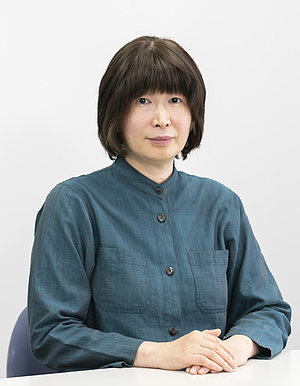
Chihiro SATO
Prof. Chihiro SATO is currently a Director of integrated-Glyco-Biomedical Research Center (iGMED) at iGCORE in Nagoya University. Her research focuses on the structure-function relationship of sialic acid (Sia), oligosialic acid (oligoSia), and polysialic acid (polySia) from bacteria to human from an evolutional point of view.
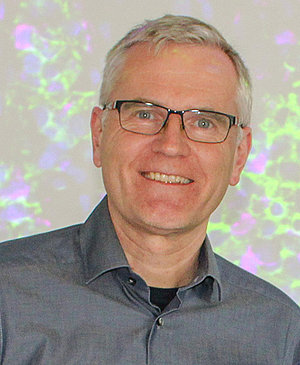
Herbert Hildebrandt
Herbert Hildebrandt is Professor of Neuroglycobiochemistry at the Institute of Clinical Biochemistry, Hannover Medical School, Germany. His research is centered on the role of sialoglycoconjugates in brain and tumor development. Work of the Hildebrandt lab demonstrated the vital impact of polysialic acid on tumor cell growth, brain development and myelin repair, and revealed possible links between altered polysialic acid synthesis and neurodevelopmental predispositions to psychiatric disorders. Current research explores how polysialic acid and its Siglec receptors modulate the activity of microglia and tumor-associated macrophages. Herbert Hildebrandt is Professor of Neuroglycobiochemistry at the Institute of Clinical Biochemistry, Hannover Medical School, Germany. His research is centered on the role of sialoglycoconjugates in brain and tumor development. Work of the Hildebrandt lab demonstrated the vital impact of polysialic acid on tumor cell growth, brain development and myelin repair, and revealed possible links between altered polysialic acid synthesis and neurodevelopmental predispositions to psychiatric disorders. Current research explores how polysialic acid and its Siglec receptors modulate the activity of microglia and tumor-associated macrophages.
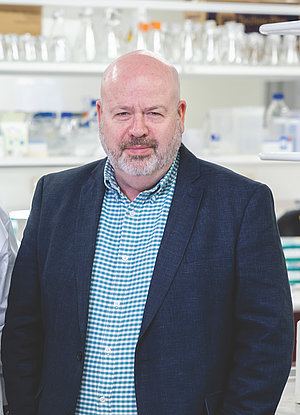
Michael Jennings
Professor Michael Jennings is an NHMRC L3 Investigator and Acting Executive Director of the Institute for Glycomics, Griffith University. He is an internationally recognised leader in infectious diseases research with a focus on glycoscience. His current research investigates the molecular basis of glycointeractions between a range of pathogens and the human host, and the application of this information to develop strategies for diagnostics, prevention and treatment of infectious disease.

